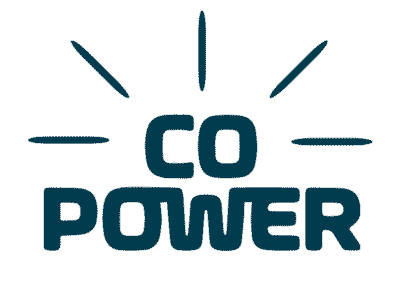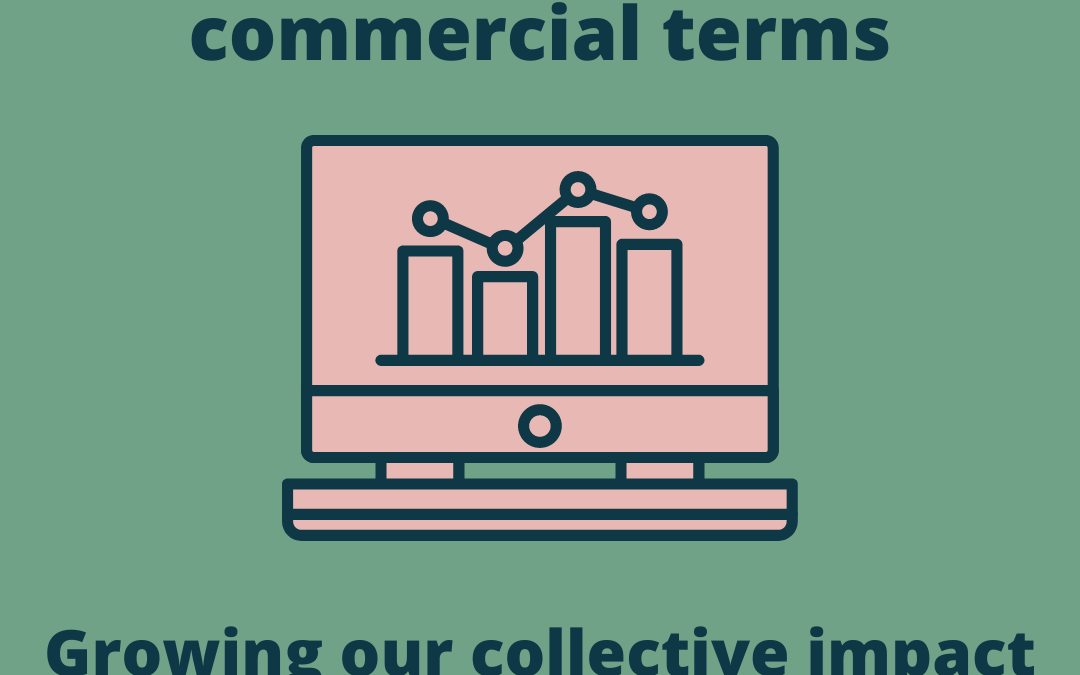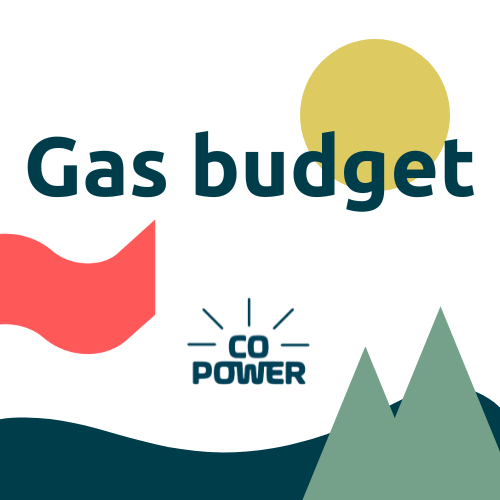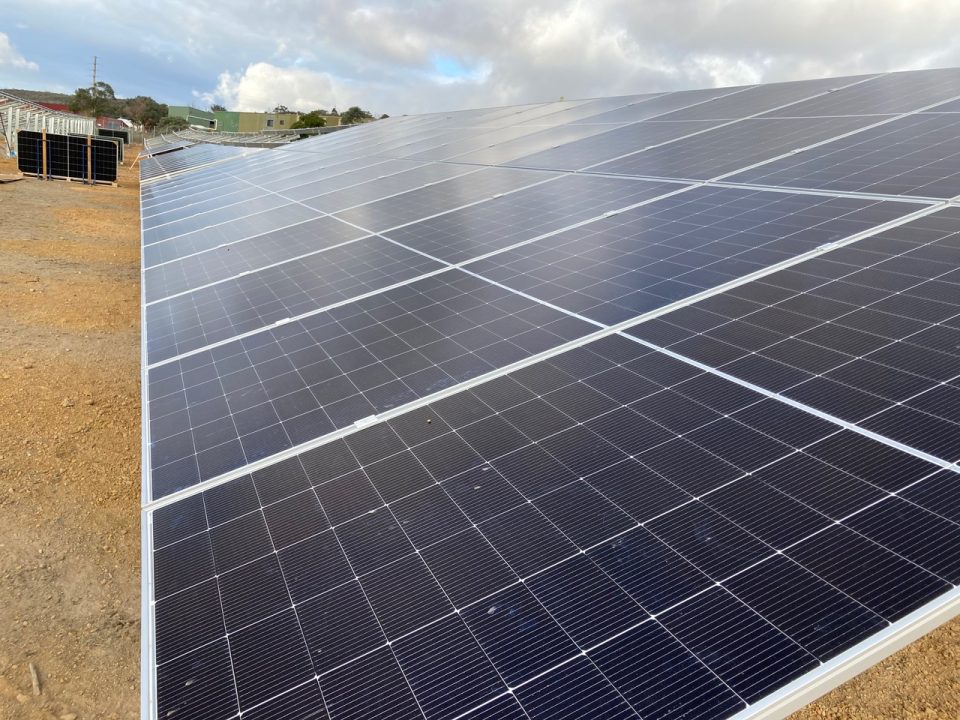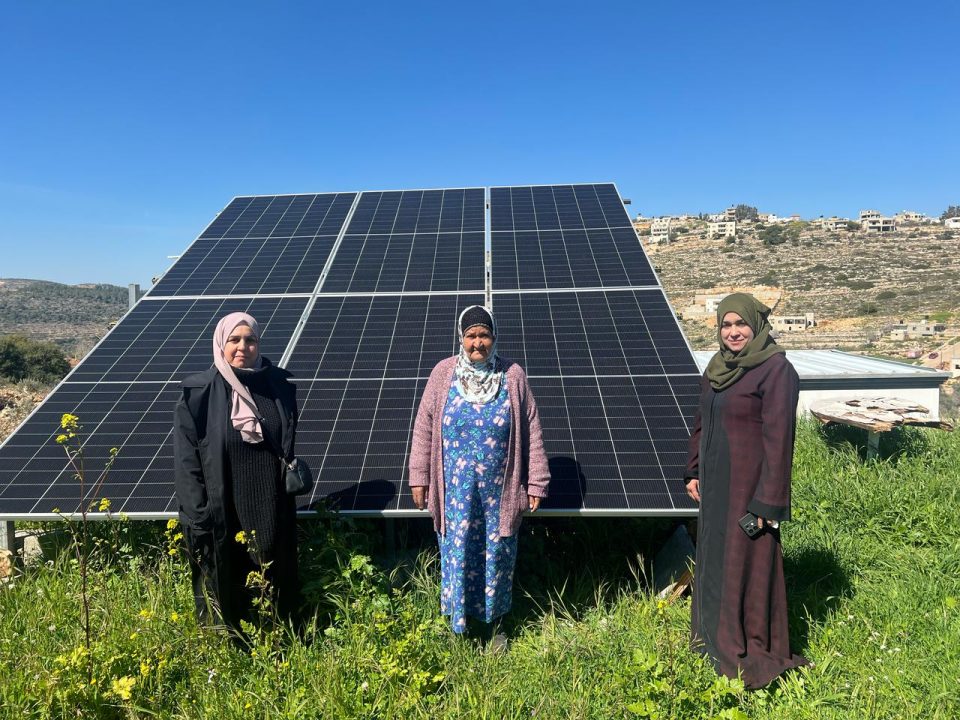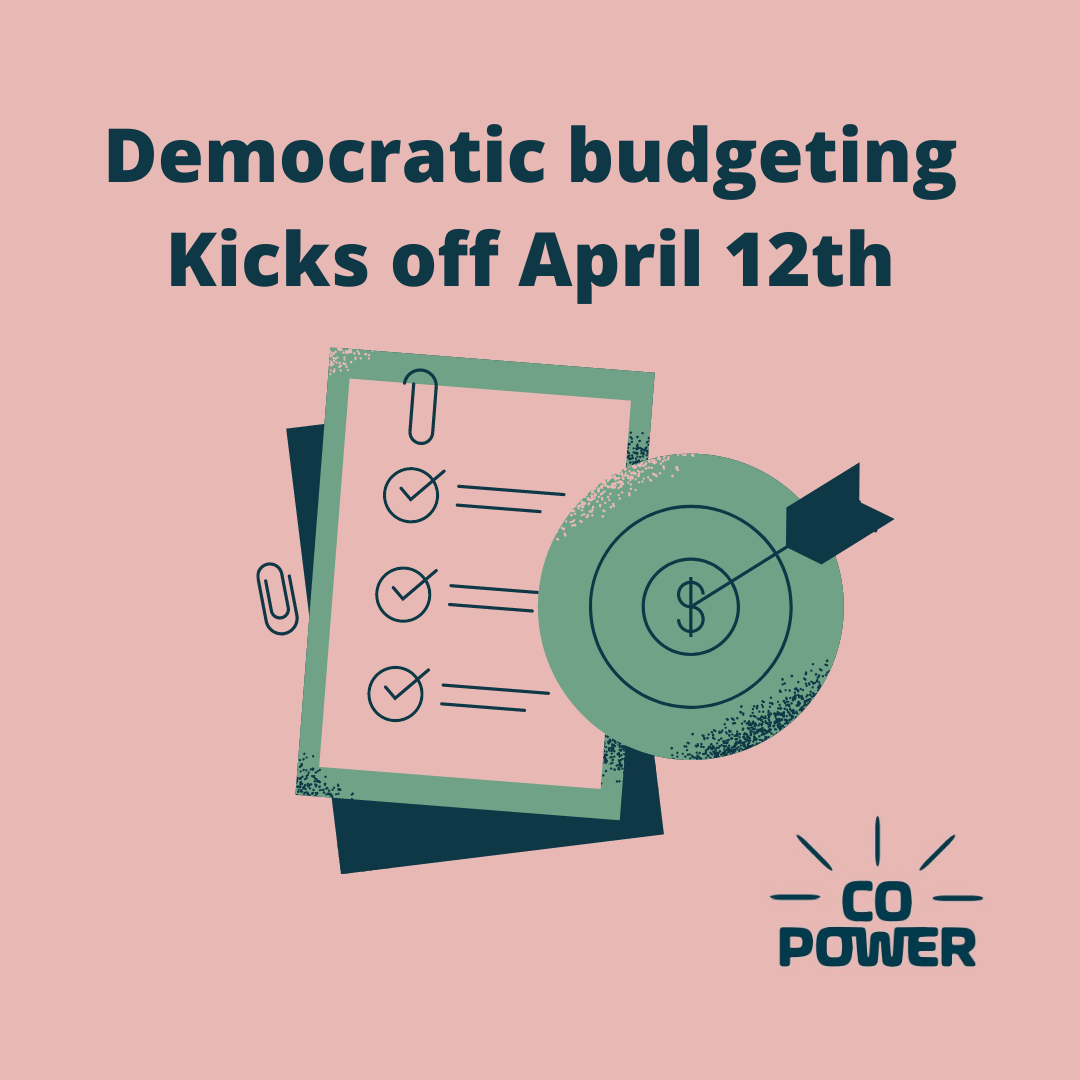
1st Budget Workshop Report
April 14, 2022
2nd Budget Workshop Report
April 29, 2022CoPower and Energy Locals have reached agreement on our key commercial terms on the back of the surge in new people switching across to us in protest at Shell’s acquisition of Powershop.
The below is a plain English summary of the key terms so that our customer members and the world at large have both an understanding of where our revenue comes from as a cooperative, and can see the concrete and material impact of ordinary people organising within the energy system to take the power back.
Firstly, we want to be upfront that this summary is not the full terms and conditions of the partnership agreement. This is in recognition of the fact that Energy Locals is trading as an enterprise within a competitive energy market and CoPower exists as an intervention within the market in order to radically change the way that we as people relate to energy. These key commercial terms, therefore, represent a membrane between the energy market as it exists and the world we are trying to build together within the cooperative. Hopefully, one day we can swallow the ocean of capital but for now we represent a small but growing bubble within that ocean.
Under the previous commercial terms CoPower would receive a payment per household per annum as our base revenue basis on the Energy Locals local member offer. At our current size this is roughly equivalent to $150,000 per year. This was paid on a quarterly basis. Under the new commercial terms, CoPower will be paid on a monthly basis. In addition, the agreement will provide for CoPower customer members to access the following extra services:
- Energy Locals’ online member offer. CoPower will receive a payment that is 40% less than the local member offer for customer members accessing this electricity offer (the online member offer means customer members need to transact online and have direct debit in place). The infrastructure isn’t yet in place to support switching between offers but we’ll notify customer members when it’s properly in place.
- Access to electricity for small to medium enterprises is formalised (this is important to assist with union and cooperative offices to come across to CoPower).
- On the basis of the gas policy formation and vote process, household gas will now be added to the list of accessible services for pre-existing customer members. CoPower will receive a per annum payment for every household accessing gas and CoPower will direct this money towards electrification work. Energy Locals is currently working on implementation of gas services, although the spike in gas costs due to big energy corporations reaping super-profits from the war in Europe is causing some implementation issues.
- We can do embedded networks and centralised hot water services for apartment buildings through Energy Locals. Our revenue is dependent on the specific factors for each building.
Further, the parties have agreed to an annual marketing payment of $5,000 to CoPower to support our continued growth in a way which preserves space for us to continue to support ecological and social solidarity projects through our democratic budget.
Energy Locals will also fund the refer a friend promotion, that is if you refer a friend and they input your email address in the relevant field when they switch then both CoPower customer members will get $50 off their bill.
On top of this, there is a common commitment to investigate a loyalty program for longer-term customer members – so often people are punished in electricity for not switching providers but as a cooperative we value loyalty and fostering long-term relationships
A range of non-monetary items have also been added to the commercial terms. These non-monetary items go towards our fundamental values as a cooperative – of ecological sustainability, the sovereignty of labour and the productive power of democracy.
With respect to labour standards Energy Locals has made the following commitments within the framework of its commercial terms:
- To continue to house its customer service team within Australia.
- A positive commitment to support its employees right to join their Union which includes recognising the role of workplace delegates.
While both Energy Locals and CoPower are highly rated and recommended providers in the Green Electricity Guide, when it comes to global warming we are definitely in a race to transition as deeply and as quickly as possible. As such we have both agreed to set up an annual meeting for the purpose of driving up the environmental standards of our respective operations, and that interested representatives from within the climate action movement will be invited to participate in this meeting.
We also recognise that currently many of the digital services that our customer members access are through Energy Locals’ billing and member support platform. To this end, Energy Locals has agreed to meet twice annually with rank-and-file CoPower customer members who are involved in any digital capacity committee. This is a way of unlocking the productive power of ordinary people having their voice heard. .
Most excitingly, there is a trigger clause on cooperative ownership. If CoPower reaches 20,000 electricity customers then the parties will commence good faith discussions on models and processes for mutualising the ownership or part ownership of the retail operations supporting our customer members. As at the time of writing we are just over 3,000 customer members. Our challenge is to organise to take the next step in scale.
Our thesis as a cooperative is that the power to change our energy system comes from ordinary people cooperating and acting together. This power can be expressed both in monetary terms and in the way we use our volume to impact the system. This updated set of key commercial terms that has gains for cooperative ownership, labour standards and ratcheting up environmental best practice is an example of doing the latter. We are starting to impact the energy system itself, and we’re only just getting started.
